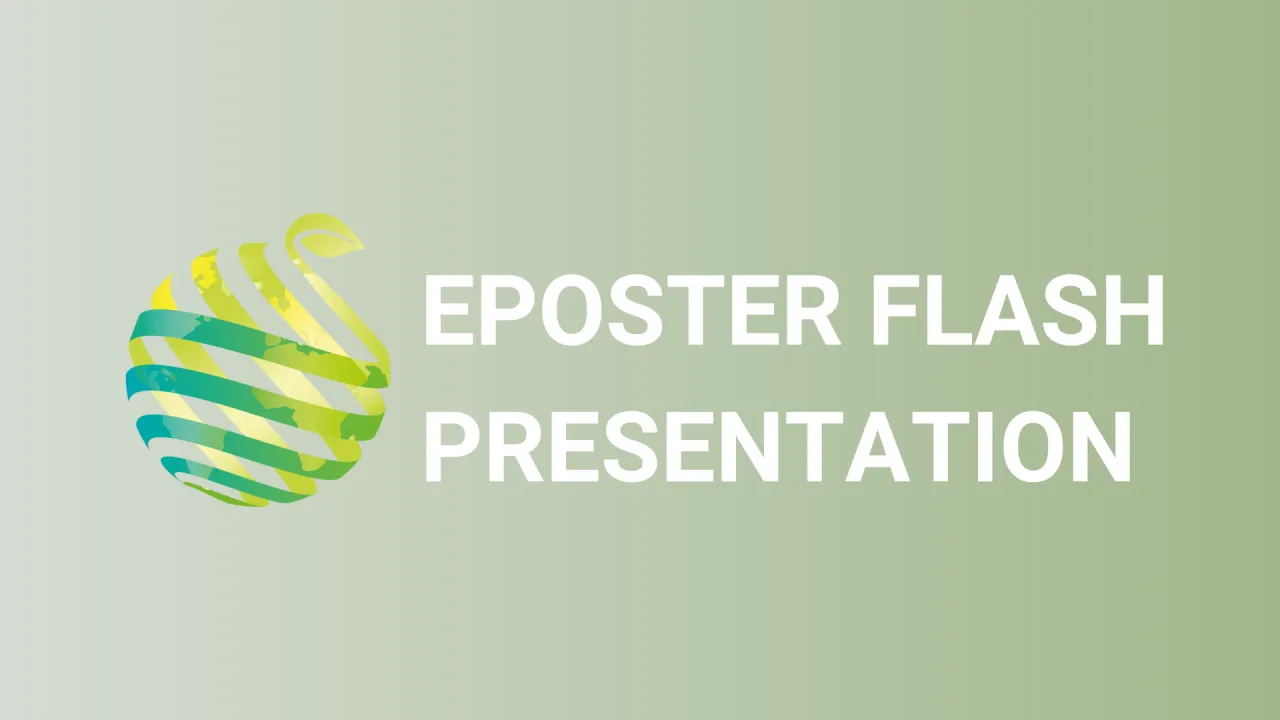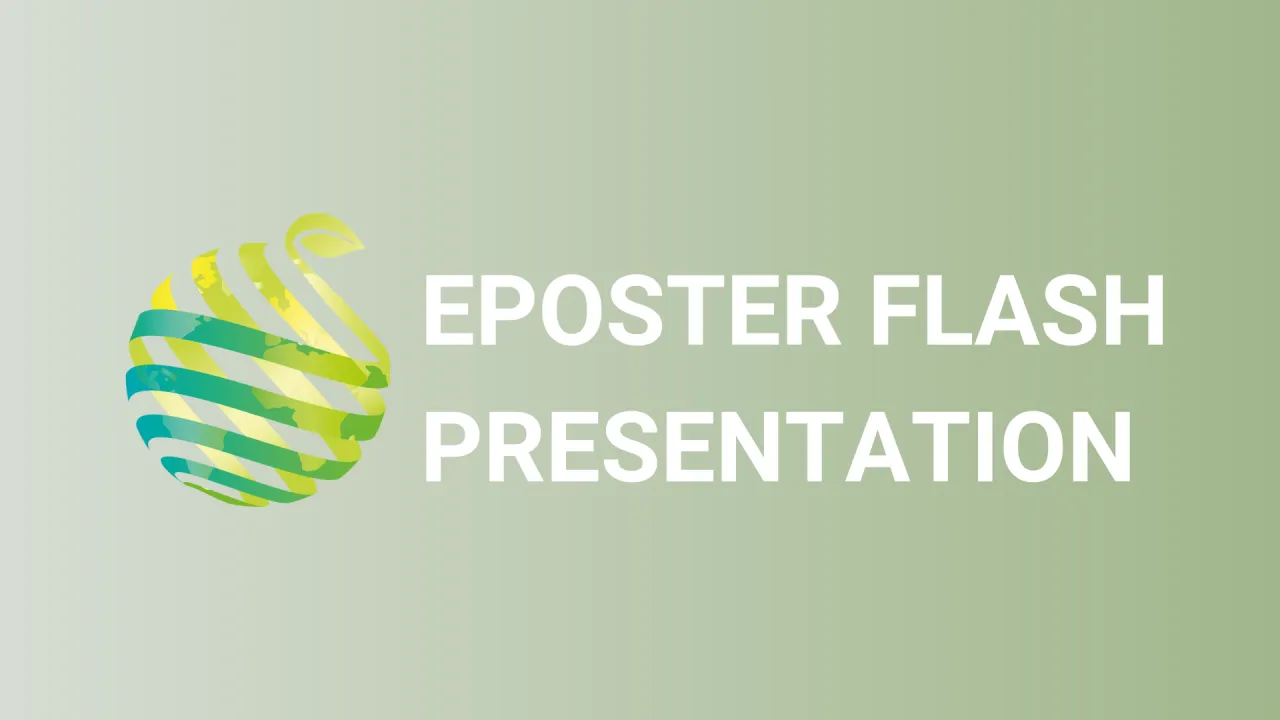

S03 - Session P1 - A floral induction system to analyze seed lot intra variability in Arabidopsis and perspectives for seed production in horticultural species
Information
Authors: Julia Zinsmeister *, Pierre Mercier, Tereza Dobisova, Hubert Schaller, Szymon Swiezewski
Seed quality is an important agronomical trait as it ensures initial field establishment and thus impacts final yield. It includes seed dormancy, an intrinsic physiological seed stage preventing germination despite favorable conditions, germination, vigor and longevity. However, total seed lot quality depends on genetic, environmental and genetic x environmental factors acting on the mother plant at different scales: from population, individuals to production units. This is known as bet-hedging, where plants produce seeds of various quality to ensure progeny's survival. This poses challenges in seed production for certain horticultural species, as fennel or carrot, for which seed production depends on the position on the mother plant. Finally, variation between seeds of the same seed lot is an undesirable trait in agriculture, and the source of this variation is still poorly understood. Here, we questioned about the role of asynchronous seed development on seed quality using Arabidopsis PAP1::AP1-GR ap1-1 cal-5 and AP1::AP1-GR ap1-1 cal1 mutant, producing seed lot synchronously by floral induction with dexamethasone. We compared phenotypical and physiological traits varying between single seeds coming from both wild type and mutant. First, we analyzed seed dormancy, longevity and vigor variation. Next, we used Boxeed© robot (Labdeers) to automatically asset single seed size variation in both genotypes. Our results contribute to a better understanding of the mechanisms governing seed lot variation at plant scale, and so will contribute to the production of homogeneous seed lots. Acknowledgements This project has received funding from the European Union's Horizon H2020 research and innovation programme under the Marie Skłodowska-Curie grant agreement No 101038075 and from EMBO scientific exchange grant No 9107. We thank Prof. Yuki Nakamura for a gift of the PAP1::AP1-GR ap1-1 cal-5 mutant to H.S.